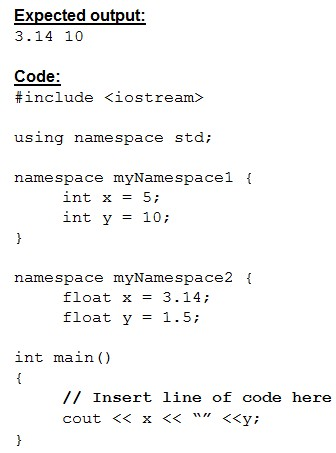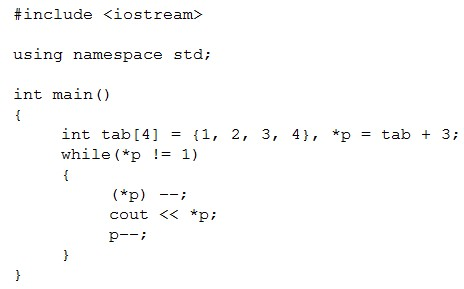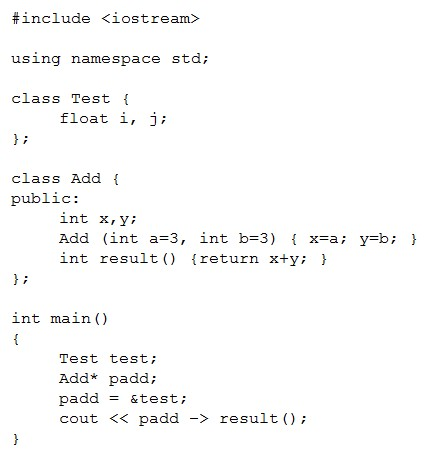- 257 Actual Exam Questions
- Compatible with all Devices
- Printable Format
- No Download Limits
- 90 Days Free Updates

| Vendor: | C++ Institute |
|---|---|
| Exam Code: | CPA-21-02 |
| Exam Name: | CPA - C++ Certified Associate Programmer Exam |
| Exam Questions: | 257 |
| Last Updated: | February 19, 2026 |
| Related Certifications: | C++ Certified Associate Programmer |
| Exam Tags: | C++ Institute Development |

- 24/7 customer support
- Unlimited Downloads
- 90 Days Free Updates
- 10,000+ Satisfied Customers
- 100% Refund Policy
- Instantly Available for Download after Purchase


